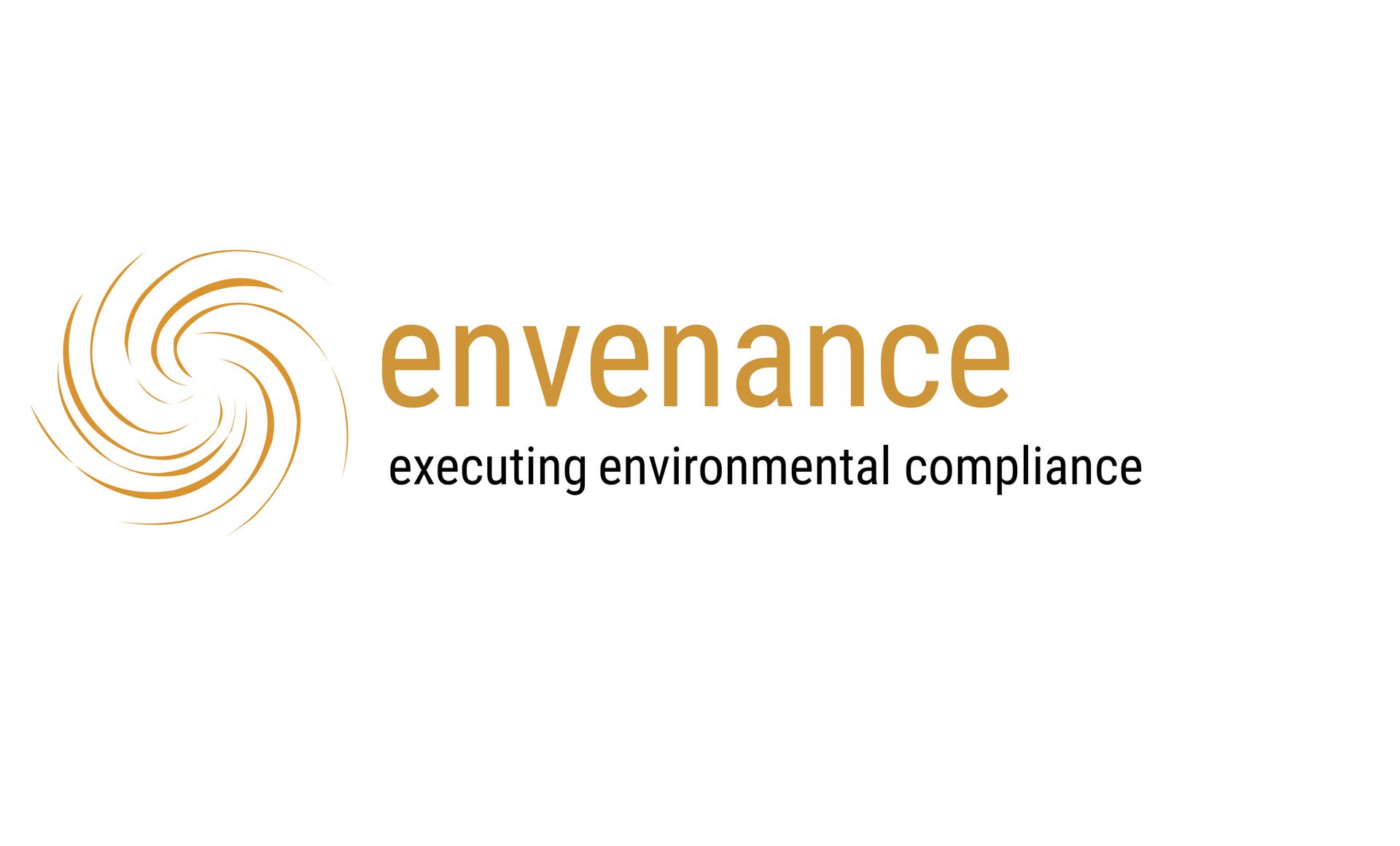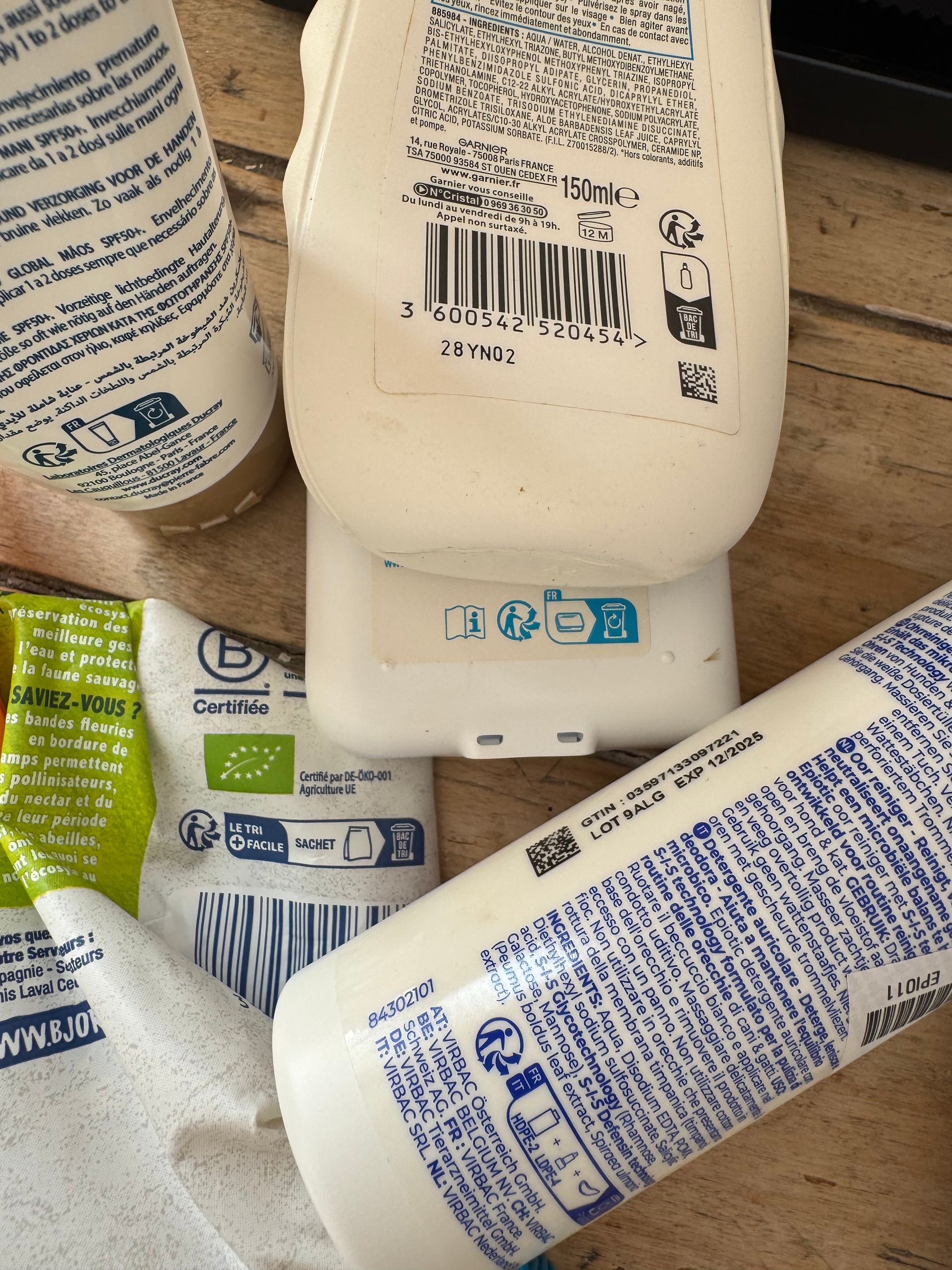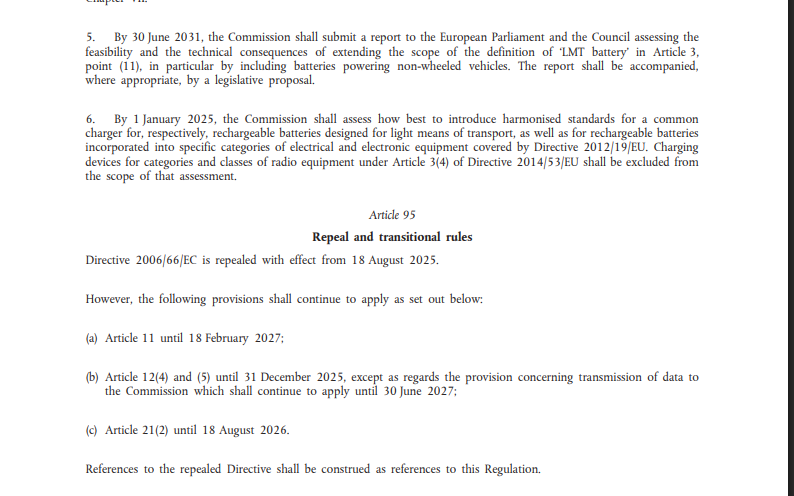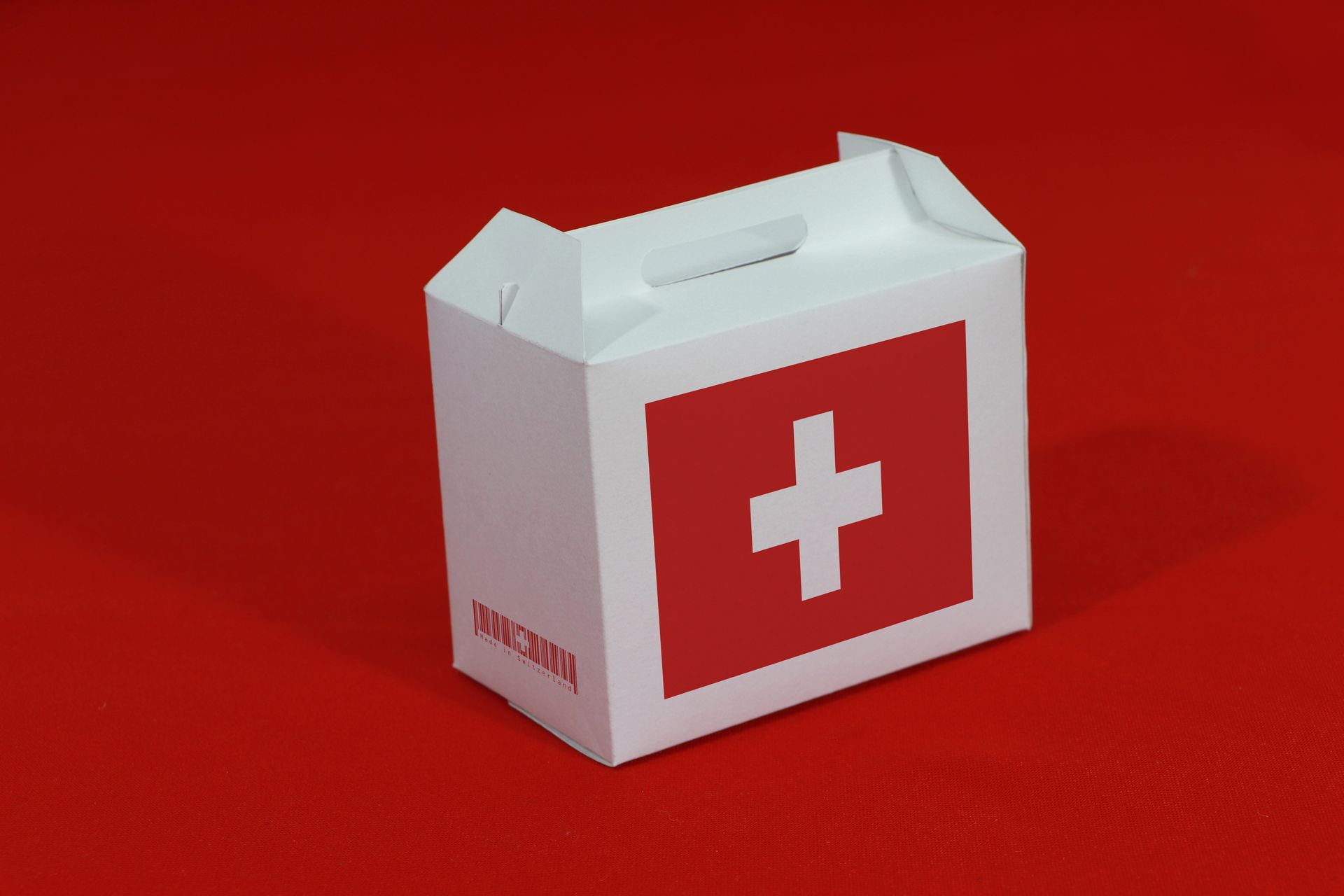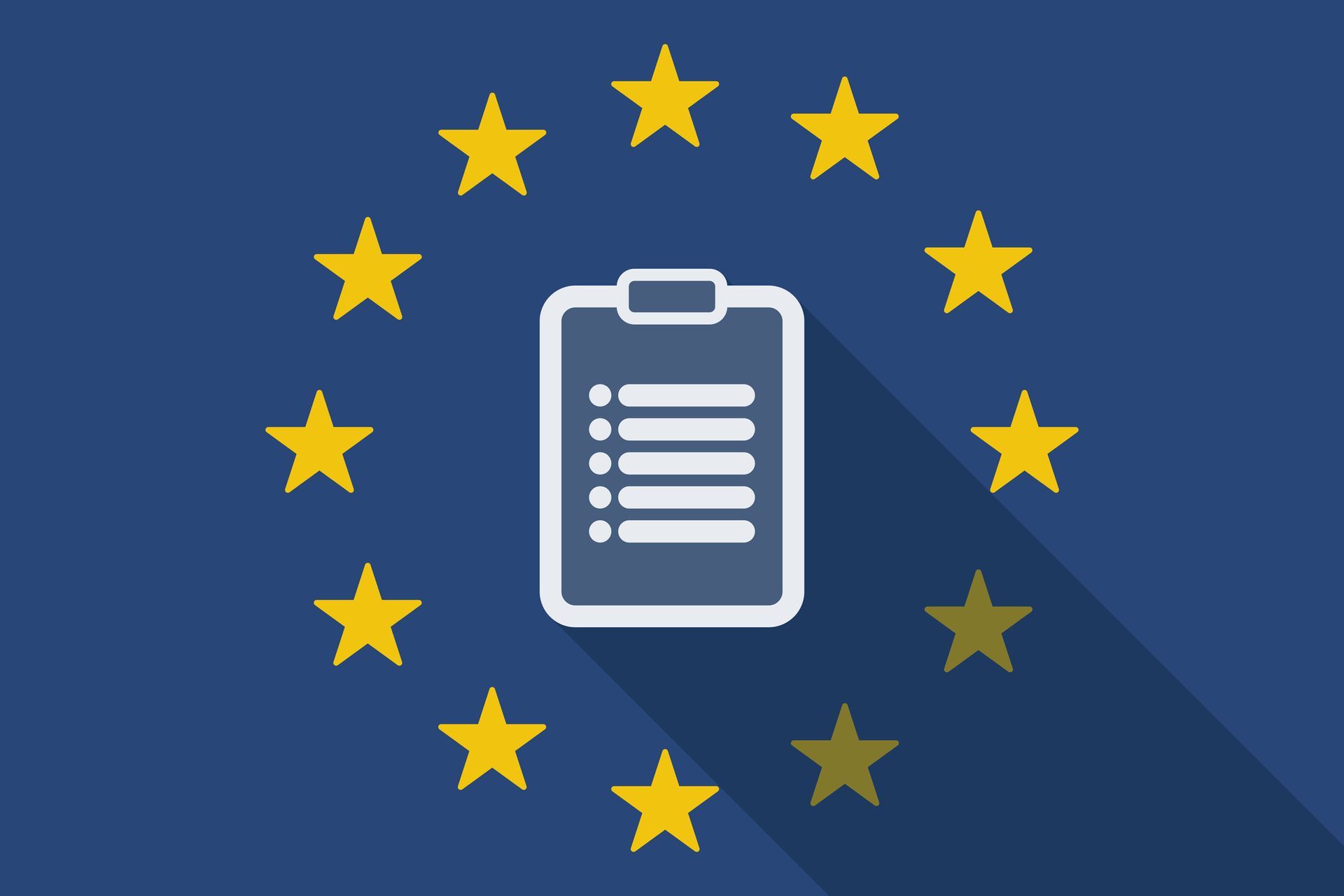Portugal enforces Packaging Labelling
envenance on compliance.
From 1 January 2025, Portugal will enforce more extensive packaging labelling requirements, particularly under the framework of Extended Producer Responsibility (EPR). This is part of a larger trend in the EU where member states, including France, Italy, and soon Spain, have adopted mandatory sorting instructions on consumer packaging to educate consumers on waste separation.
Key Portuguese Regulations Affecting Packaging and Waste Management: Portugal has incorporated EU directives on packaging and packaging waste, particularly
Directives No. 94/62/EC
and
2004/12/EC, through various decrees:
- Decree-Law No. 152-D/2017 (amended in Decree-Law No. 102-D/2020): Outlines general rules for packaging waste management, distinguishing between reusable and non-reusable packaging. Reusable packaging must meet specific standards (Norma Portuguesa NP EN 13429:2005).
- Decree-Law No. 24/2024: Updated regulations including labelling requirements to be effective 1 January 2025.
Labelling Requirements Starting in 2025:
- Article 28 (5) of Decree-Law No. 24/2024 specifies that packaging managed under the Integrated Packaging and Packaging Waste Management System (SIGRE) must:
- Label non-reusable primary and secondary packaging with disposal instructions, including guidance on appropriate recycling bins, per guidelines to be published by APA, I.P., and DGAE.
- Alternatively, provide disposal information through product instructions or at points of sale.
- Industrial Packaging Requirement: Portugal’s regulations will apply to industrial packaging, a European first in so far sorting instructions would be concerned, since other countries focus solely on consumer packaging.
Additional Notes:
- Article 29 of Decree-Law No. 102-D/2020 outlines measures to encourage sorting and eco-friendly practices, including incentives and eco-label promotion.
- The Pontoverde collective system has developed voluntary symbols for disposal instructions, though as of now, the specific government-mandated guidelines are pending.
For updates or assistance with Portuguese packaging registration,
envenance offers support:
- envenance GmbH (Germany): +49 89 2152 8581
- envenance SAS (France): +33 7 89 03 55 77
- support@envenance.com




